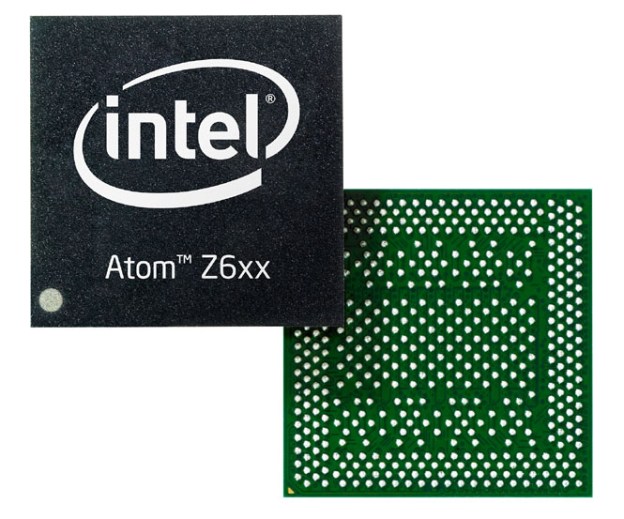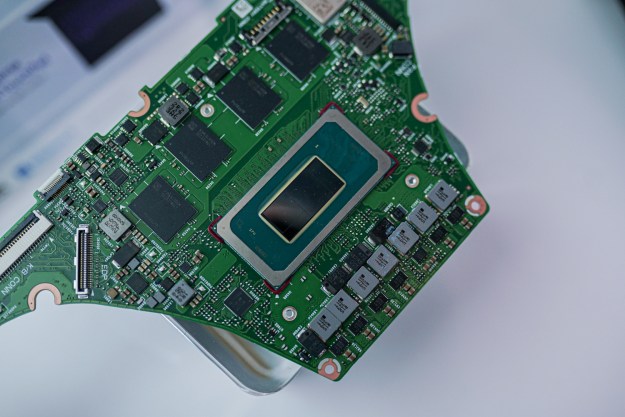
Chips from Intel Corporation may power the majority of desktop and notebook computers, but despite substantial investment and lots of big talk, the company is essentially a non-entity in the world of mobile phones and tablet computing, where devices powered by power-sipping chips based on designs from ARM rule the industry. Now, Intel is going to try—again—to get its foot in the mobile industry, announcing a new Mobile and Communications Group headed up by current executives who came to the company with experience from Infineon and Apple.
As reported by Fortune, the new unit will be formed by reorganizing four of Intel’s existing divisions: mobile communications, netbook and tablet, mobile wireless, and ultra mobility. The reorg is designed to increase Intel’s operational and design efficiency, as well as enable clearly communication between the groups, which often have overlapping goals. However, it’s not clear whether streamlining its mobile organization will be enough to make Intel competitive in the mobile arena, where ARM-based designs are already well-established, and (starting next year) will be supported by Windows 8 Metro.
The new Mobile and Communications Unit will be headed by Hermann Eul and Michael Bell. Eul came to Intel from Infineon, where he was a member of the company’s wireless technologies board—Intel high-profile announcements about shoehorning itself into the smartphone business, then failed to deliver, in part as relationships with the likes of Nokia have faltered. Intel has also lost high-profile executives like Anand Chadrasekher and Eric Kim, who were responsible (respectively) for Intel’s smartphone push and efforts to get Atom processors into consumer electronics devices.
Editors' Recommendations
- Intel’s next-gen desktop chips may embrace these two major changes
- Intel Core i9 CPUs are about to get hit with a downgrade, report says
- 4 CPUs you should buy instead of the Intel Core i9-13900K
- Everything we know about Lunar Lake, Intel’s big next-generation chips
- Intel Battlemage graphics cards: release date speculation, price, specs, and more


